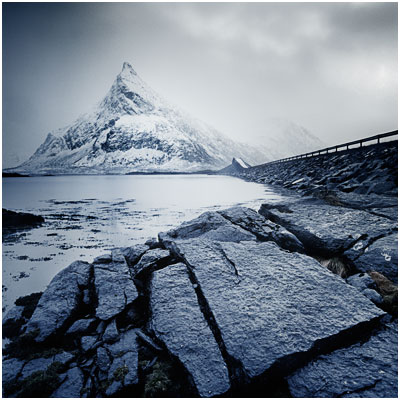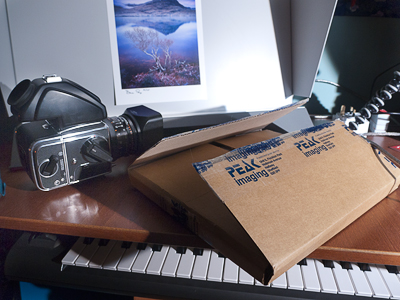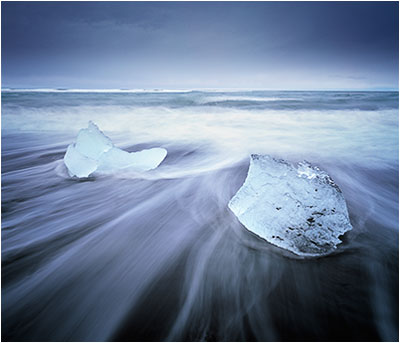I’m in Marrakech this week, on a holiday.
I know, I’m sure some of the readers of my blog assume that my life is one big photo trip after another, and that I lead a charmed life. I’ve certainly had quite an amazing past two or three years since I went full time doing what I do, but it has come at a cost. Let me explain.

I came to Marrakech 4 years ago for a photographic holiday. At the time, I was still gainfully employed as an IT professional, and my holiday time each year was always consumed with the lure of travel to far off places to make photographs. I would burn myself out over the course of a holiday, working very, very hard to capture the images I sought. It was always good fun and a very enjoyable way to de-stress from my life in IT.
But I haven’t been aware that there has been a change in me over the past four years, and it’s only become apparent to me, now that I am back in Marrakech for a holiday. Everywhere I look, I have memories staring right back at me, reminding me of the person I was four years ago - a carefree IT professional who used his holidays to get his photography bug out of his system. I had very little to worry about at the time. My income was secure and I was so used to being established in what I did (I was an experienced Java / OO programmer with a good working knowledge and experience of being a head DBA for lots of blue chip companies). In short, I had a very recognisable skill set that was in demand and I felt I knew what my future was.
Fast forward to the present, and I’m a much more different person. Running my own photographic workshop business, and being a ‘pro photographer’ has lots of pressures that are different from what I’m used to. For example, I’m now fully responsible for my whole income, and I have to ensure that each year, I can make enough money to keep myself afloat. I can’t afford to take the foot of the accelerator pedal, or to become complacent.
The first few years have been quite a challenge. Setting up a business and ensuring that my house did not get repossessed put me under a lot of stress. I think this is why, when asked, most photographers will tell stary eyed dreamers not to give up the day job.
In my own case, I didn’t give up the day job - it gave me up, in the form of redundancy, and at the time, things were so bad here in the UK, that I had no other alternative but to run with the workshop idea because that was the only form of financial income I was getting at the time. IT Recruitment agencies would not return my calls, because I was just one of the many thousands of IT people who had been put out of work.
I’m entirely grateful that I had the photographic workshops to fall back on. I’m very grateful for what I do now, and I wouldn’t want to change it for the world. I’ve become a very focussed individual, who has to keep thinking ahead, working out new ways to stay in what I do, and because I’m driven by what interests me, I feel that things are going from strength to strength.
Today however, arriving back in Marrakech, has allowed me the luxury of being able to remember who I was 4 years ago, and compare that person to who I am now. I feel a sense of loss in some ways - that carefree aspect of me is hardly there at the moment, and I think this is telling me that I need to have more time out, for myself to relax and just enjoy life - without a camera.
As in everything, balance is what’s required, and I think my trip to Marrakech has acted as a catalyst for me to review where I am at in my life, and more specifically, what I wish to get out of it, and that can only be a good thing.
As creative people, we should take time out to review not only who we are, or where we are going, but also to consider if we’ve lost or regained something about ourselves over the review period. It’s really vital to recognise changes in yourself and re-address them if you feel that you are becoming weighted down with the burden of an overly serious life.
One last thing, if you wish to have a career in photography, I wouldn’t say ‘don’t do it’. I would just stress to you that, like all self employment, it requires a lot more work than a normal job. It can be immensely satisfying because everything you do, you do it for you and not for someone else. But there are pressures involved. Making sure you can earn enough is a very hard thing to pull off - you may be a great photographer, but a lousy business person. You may be a dreamer, who can’t add up. You may be unrealistic about how your business can grow. It’s not easy.
If you love taking pictures, then you can enjoy that, without the burden of trying to make a living from it. If you love running a business, and enjoy all the business related activities involved in it, then I would say - go for it. But if not, then I would say, keep it as a serious hobby, and appreciate that your hobby has no pressures involved in it, apart from the ones you force upon yourself. In short, enjoy what you do, and appreciate that doing it for a full time occupation may not give you that sense of satisfaction you think it will. Running a business is hard. Do it, only if you feel driven to go that way.
I’m off now, for a Moroccan coffee in the old square of Marrakech, and to enjoy just being here. I’ve got a lot to be grateful for, and I’ve learned a lot about business, and myself over the past few years, but it’s perhaps time to take some time out.
Wish you were here,
Bruce.









